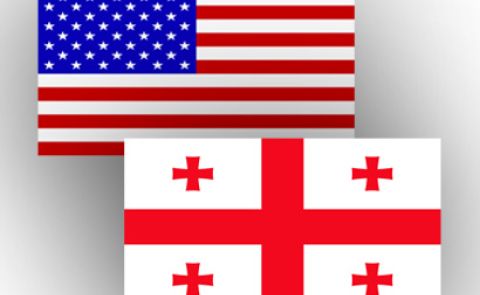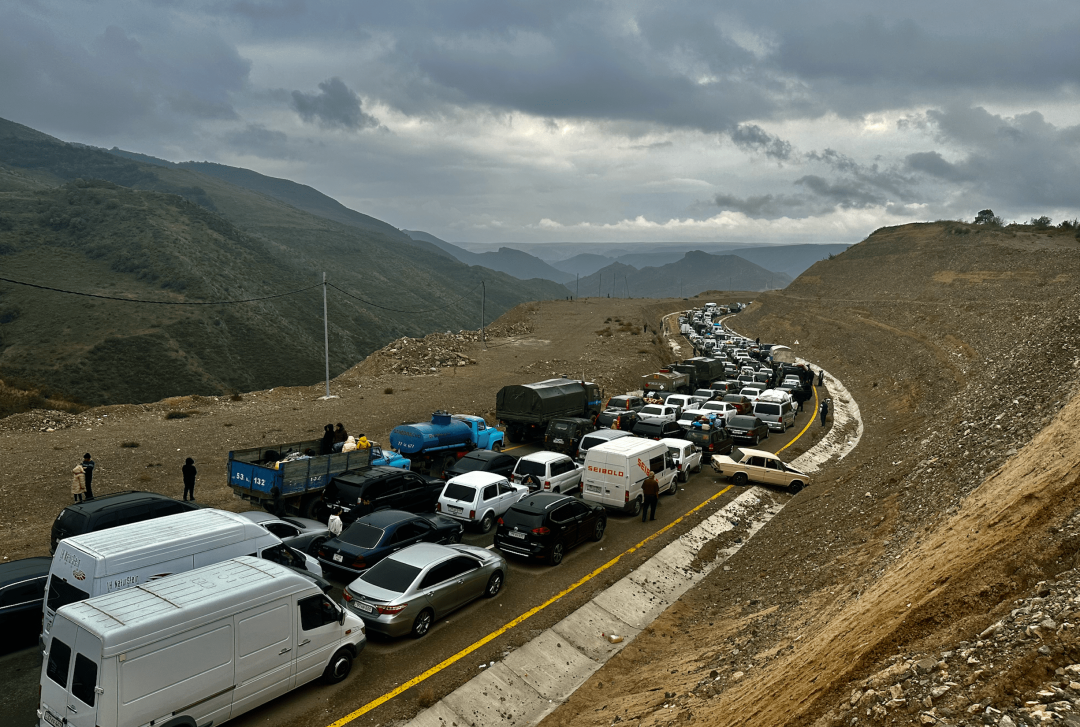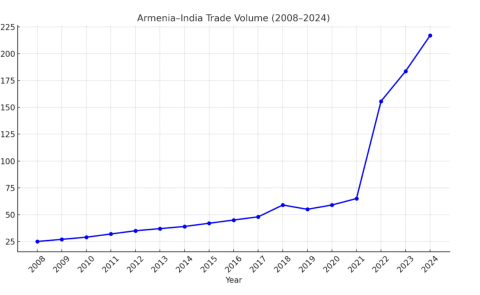
The Daily Struggles of Karabakh Armenians in Their New Home

Six months have already passed since the exodus of Nagorno-Karabakh Armenians. People, who have lost everything, continue to live thanks to the financial support provided by the Armenian government, that they mostly pay for housing and rent in Armenia. Others live in school buildings, sports halls, or in Soviet-era "hotels" scattered throughout Armenia.
However, very often many Karabakh Armenians do not receive even 50 thousand drams ($120) allowance to cover their needs in Armenia. On social media, they try to understand why they don't get the money or why the support is late. Many Karabakh Armenians assume that the social payments promised by the Armenian government are deliberately delayed by the Armenian government. If the social situation of Karabakh Armenians improves, it could be a potential threat to the authorities currently in power in Armenia.
Ashot Sargsyan, a former deputy of the former parliament of Nagorno-Karabakh, believes that all the decisions of the Armenian government regarding internally displaced persons are aimed at dragging the residents of Karabakh into endless bureaucratic hassles and queues.
"All this is done so that the life of Karabakh Armenians in Armenia seems unbearable, and they leave the country. And also, to divert the people of Karabakh from important political processes, burying them in the swamp of social problems," Sargsyan stated.
Dissatisfaction of Karabakh Armenians with the authorities of Armenia is noticeable on social media. Every day they blame the Armenian government and Prime Minister Pashinyan personally for the situation. “He handed over Karabakh to Azerbaijan,” they say. Former presidents of Armenia also blame Pashinyan. "If I were in his (Pashinyan's) place, I would just shoot myself," said Serzh Sargsyan, the third president of Armenia.
Every day, the Karabakh Armenians gather in the Ministry of Labor and Social Affairs of Armenia trying to understand why they do not receive promised social assistance. “I am a father of three. I received the money for one child, but they did not transfer it for the other two. No clear answer. They say that the program is overloaded, the computer is out of order and stuff like this. I should wait, they say. Aren't the other two also my children? How is it possible to transfer money for one child and not others?”, says Samvel, who was displaced from Nagorno Karabakh in September last year.
“I have a big family. Fifteen more APL (anti-personnel landmine) fragments are still in my body as a result of the first Karabakh war in early 90s. With the money provided by the Armenian government, I don't know whether to buy medicine, pay for rent, or save it for my urgent surgery. The doctors say that if I postpone my surgery, I will end up in a wheelchair,” says Yakov Abaghyan who was displaced from Karabakh and lives in a rented apartment in Abovyan, Armenia.Yakov is asking for help for his surgery on social media with a fundraising campaign named “Doctors said two million more drams are needed ($5.000) to buy an implant”.
“There was no normal medicine at that time, doctors did what they could so that a person would not die. I remember, in 1992, the Stepanakert military hospital was full of wounded soldiers, they were screaming in pain, no one was helping, because there was no medical help. Doctors removed 10% of my black lung and a part of my stomach. There was almost no hope that I would live. My mother was crying and asking the doctors to do something so that I could live”, says Yakov.
“As a pensioner in Armenia, I receive 70 thousand drams ($150). It's less than what I was getting in Nagorno-Karabakh. What can I do with that money? Should I pay rent, buy medicine, buy food or think about my children? That's why I had to post my story on the Internet, hoping for the help of kind people from Armenian Diaspora. If this continues, I will not be able to do surgery, nor will I be able to pay the rent, and I will just end up on the street”, says Yakov.
One, two, three, four, five, six... He is counting to fifteen. Yakov points to the mine fragments in his body. “I can't walk for long; I have to order a taxi to go somewhere. But I don't have that much money for extra expenses. Life is getting harder increasingly. I am a father of four children. We live in this rented apartment. My daughter recently got married, they are going to emigrate to Belgium, what to do, life here is becoming very difficult every day”.
Recently, Step1.am, referring to its government source, published that 25 thousand Karabakh Armenians left Armenia. Later, #CivilNetCheck found out that according to the National Security Service (NSS) of Armenia, that number does not correspond to reality. According to the NSS of Armenia, in the period from September 25 to December 14, 2023, 11,741 persons registered in Nagorno Karabakh left Armenia crossing state border, 5,105 of them returned back to Armenia. In other words, 6,636 people have left Armenia since September and have not yet returned. In October 2023, Armenian Prime Minister Nikol Pashinyan said that the number of Karabakh citizens who left Armenia was 2,500. Pashinyan noted that the government will do everything to ensure that the people of Karabakh remain in Armenia.
Many questions persist regarding the status of Karabakh Armenians. Although they have the same blue passport as all citizens of Armenia, it is not clear who they are in Armenia. Refugee or internally displaced people?
In the passport of Karabakh Armenians (the same blue Armenian passports), there is 070 code which confirms the fact that they are from Nagorno-Karabakh. The government of Armenia says that if any Karabakh Armenian wants to go to Germany as an example, the person must obtain a refugee certificate issued by Armenia along with his passport. However, it is not clear why the certificate is required (it allegedly protects the citizen from extradition to Azerbaijan.). Personally, I have traveled to Georgia, Russia and Europe with my blue (Armenian) passport before and there were no problems at all. Why this certificate is now mandatory remains unclear to many. Many rightly see it as unnecessary bureaucracy. "Why does the Armenian government create humiliating artificial queues for us?" say Karabakh Armenians.
After all, what will Karabakh Armenians do in Armenia after a few years, when their passports expire? Will they take the new one? For example, will they be able to participate in the general elections in Armenia? Are they going to participate in possible Nagorno-Karabakh presidential elections inside of Armenia? This is also a separate issue. On the surface, it seems that Karabakh President Shahramanyan is "fulfilling his powers”, but the speaker of the Armenian Parliament, Alen Simonyan, has stated recently that there cannot be a Karabakh state within Armenia, it is dangerous for Armenia and Armenia will not provide money to maintain the institutions of Karabakh.
Karabakh Armenians found themselves in a situation, that they can neither go back to Karabakh (no one imagines living in Karabakh under the Azerbaijani flag today), nor find comfort in Armenia, the situation in Russia is not good either, considering the war with Ukraine, and emigrating to Europe is not an easy task either. "Who gives us the Schengen visa?", many of them ask.
About author: Marut Vanyan is a freelance journalist from Nagorno-Karabakh, currently based in Abovyan.
See Also


Armenia and India: Building New Bridges in Trade and Strategy

Between Tehran and Tel Aviv: Azerbaijan’s Neutrality Dilemma Amid Rising U.S.-Israel Tensions with Iran

From Neorealism to Neoliberalism: Armenia’s Strategic Pivot in Foreign Policy After the Nagorno-Karabakh Conflict

Georgia and Russia: New Turn in Bilateral Relations

